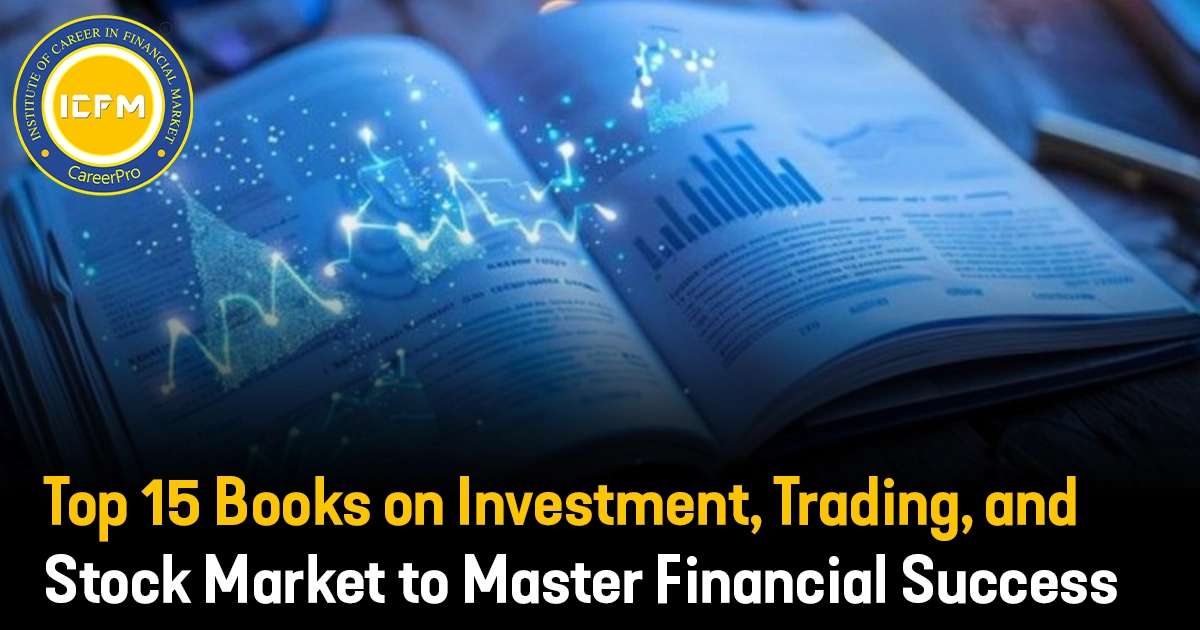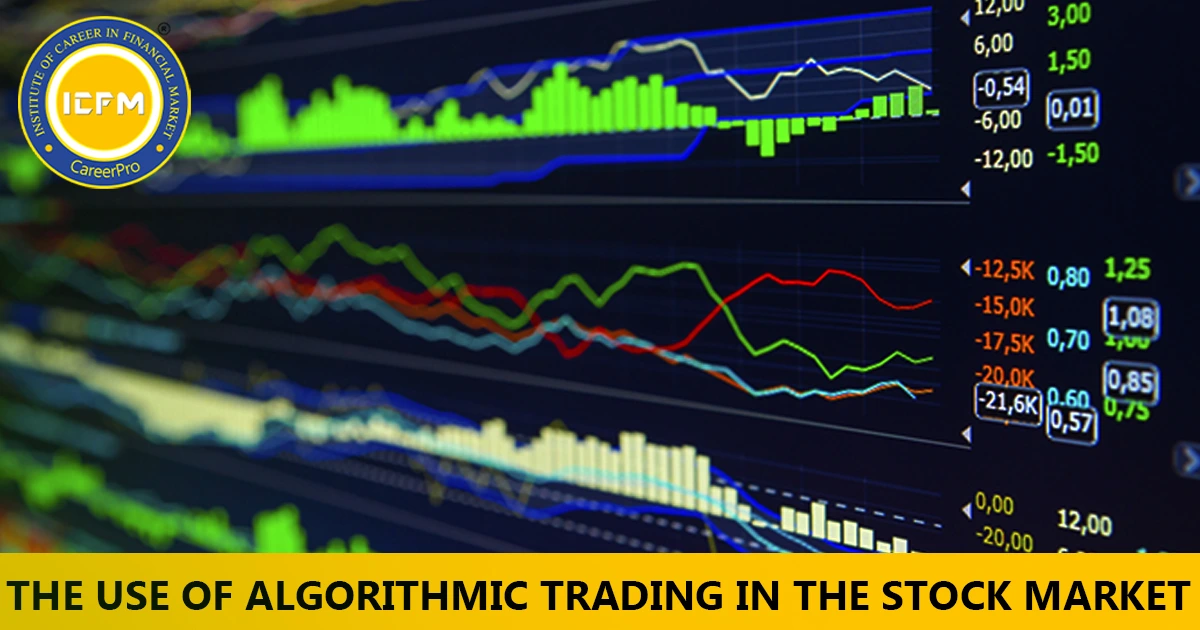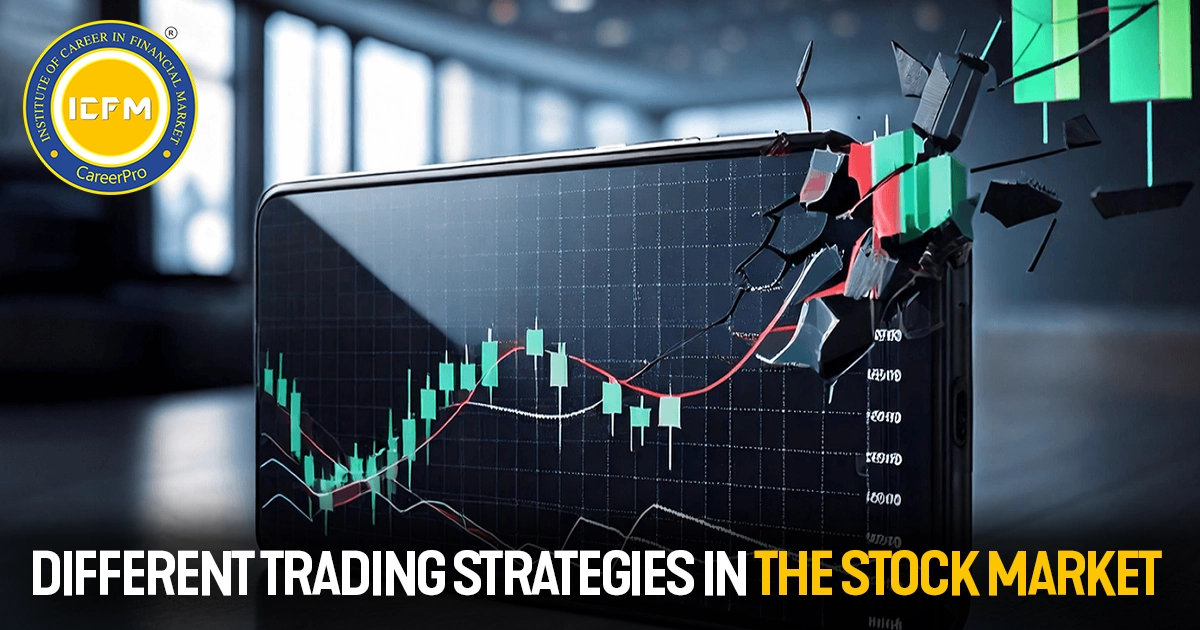Greed is the intense and selfish desire for wealth, power, or gain. In trading, greed can be one of the most destructive emotional pitfalls that lead traders away from rational decision-making and toward financial ruin. Although ambition and the pursuit of profit are natural in trading, unchecked greed can disrupt sound strategies and result in significant losses.
How Greed Manifests in Trading
Greed can take many forms in the trading world. Some common ways it reveals itself include:
- Overtrading: Driven by the desire for continuous profit, traders may engage in excessive trades without proper analysis.
- Holding on Too Long: When a trade is profitable, a greedy trader might refuse to close the position, hoping for even greater gains, only to watch profits evaporate.
- Ignoring Risk Management: Greedy traders often do not place stop-loss orders and risk mitigation strategies, leaving them vulnerable to enormous losses.
- Chasing the Market: Entering trades late in a rally due to fear of missing out, often leading to losses when the trend reverses.
Psychological Roots of Greed in Trading
Greed in trading is, in fact, an affair of the human psyche. Profit-making automatically triggers the brain's reward circuitry, thereby releasing dopamine. This can lead to a vicious circle of seeking greater profits with decreasing rationality. Such cognitive biases may be the "hot-hand fallacy" or overconfidence.
Effects of Greed in Trading
The destructive effect of greed on a trader's performance can be:
Loss of Capital: Greedy behaviour often brings about high-risk trades that will wipe out portfolios.
Emotional Burnout: Constantly chases profits, stress, and eventually emotional exhaustion
Poor Decision-Making: Greed overrules logic, leading to irrational trades and giving up long-term strategies.
Dealing with Greed in Trading
To be able to handle greed, traders should exercise discipline and self-awareness:
- Set clear goals: establish profit targets and stop-loss levels before entering the trade.
- Practice Risk Management: Never risk more than a predetermined percentage of your capital on a single trade.
- Adhere to a Trading Plan: Formulate and follow a well-researched trading strategy religiously.
- Keep Emotions in Check: Journaling trades and reflecting on emotional triggers can help maintain emotional balance.
- Continuous Education: Stay informed and educated about market behaviour and trading psychology.
Conclusion
Greed, if not controlled, can be a trader's worst enemy. However, if one is aware of its signs and has strategies to counter its effects, he or she can develop healthier habits and increase the chances of long-term success. Remember, successful trading is not about making a fortune overnight but about consistent, calculated decisions over time.









